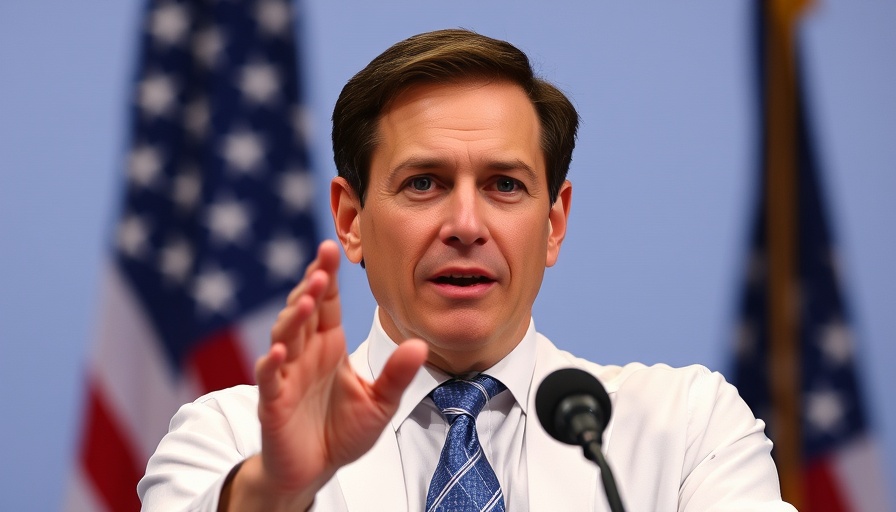
Why Clinical Care Resiliency is Essential in Healthcare
In today's complex healthcare landscape, organizations face numerous threats that could disrupt operations, from cyberattacks to hardware failures. These incidents can have dire implications for patient care, making it imperative for healthcare organizations to prioritize clinical care resiliency. This concept involves establishing strategies to maintain safe patient care and operational continuity during IT outages, regardless of their cause.
Understanding the Growing Cybersecurity Threat
The rise of digital health tools and AI healthcare solutions has transformed the industry, but with that transformation comes an increased risk of cybersecurity threats. As healthcare systems become more interconnected, the probability of cyberattacks also increases. Organizations that rely on third-party services for cloud capabilities need to understand that while these partners can provide comprehensive security solutions, they must still implement robust internal security measures. The responsibility for cybersecurity does not rest solely with technology partners; healthcare organizations must actively protect themselves against these evolving threats and vulnerabilities.
Creating a Resilient Response Plan
Just as hospitals prepare for situations like natural disasters or patient safety emergencies, they must develop a response plan for potential IT outages. This plan should include a protocol for reverting to manual processes when critical applications fail and? how to efficiently communicate these changes to staff and patients.
Improving clinical care resiliency is not an option but a necessity for health organizations aiming to thrive in this advanced technological era. Adopting a proactive mindset ensures that systems are not only capable of responding to threats but are also prepared to deliver care effectively under any circumstance.
 Add Row
Add Row  Add
Add 




 Add Row
Add Row  Add
Add 



Write A Comment